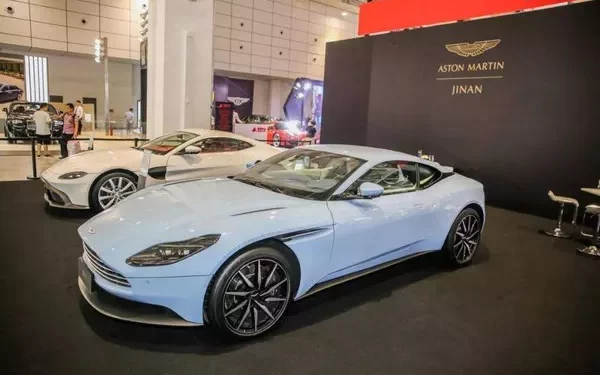Mercedes-Benz has announced a strategic partnership with Starbucks to install fast-charging stations at over 100 locations across the United States. This collaboration aims to provide convenient and accessible electric vehicle (EV) charging solutions to customers. The first phase of the project will see the deployment of 400 kW chargers at Starbucks stores along Interstate 5, a major west coast travel corridor stretching from Canada to Mexico.
Addressing EV Charging Infrastructure
The partnership between Mercedes-Benz and Starbucks is a significant step towards accelerating the adoption of electric vehicles in the U.S. By providing reliable and high-speed charging options at popular locations, the initiative aims to address one of the major barriers to EV adoption: the availability of convenient charging infrastructure.
Investment and Initial Rollout
Mercedes-Benz High-Power Charging initiated its first charging site in 2023 as part of an ambitious $1 billion investment in EV infrastructure. Since the launch, the network has established a dozen locations across key states, including Texas, Alabama, Georgia, Florida, South Carolina, Tennessee, and Kentucky. This initial rollout sets the foundation for a broader expansion plan aimed at enhancing the EV charging landscape across the country.
Strategic Locations for Maximum Impact
By placing charging stations at Starbucks locations, Mercedes-Benz leverages the coffee giant’s extensive network and customer footfall. Starbucks stores are strategically located along major travel routes and in urban centers, making them ideal spots for EV charging stations. This approach ensures that EV drivers have easy access to charging facilities during their routine stops.
Future Expansion Plans
Looking ahead, Mercedes-Benz plans to expand its charging network to nearly half of the U.S. states within the next 12 to 18 months. The ambitious project aims to include approximately 10,000 charging points across the United States, Europe, China, and other core markets by the end of the decade. This extensive network will play a crucial role in supporting the growing number of electric vehicles on the road and promoting sustainable transportation.
Addressing Range Anxiety
One of the key challenges for EV adoption is range anxiety, where drivers fear running out of battery power without access to a charging station. The extensive and strategically placed charging network by Mercedes-Benz and Starbucks aims to alleviate these concerns by ensuring that drivers can find charging stations conveniently located along their travel routes and daily commutes.
Vision for a Sustainable Future
Mercedes-Benz’s commitment to expanding the EV charging network aligns with its broader vision for a sustainable future. The automaker is not only investing in charging infrastructure but also focusing on developing advanced electric vehicles that offer superior performance and reliability. By combining cutting-edge technology with a robust charging network, Mercedes-Benz aims to lead the transition towards cleaner and greener transportation.
Industry Collaboration for Greater Impact
The partnership between Mercedes-Benz and Starbucks exemplifies the power of industry collaboration in driving meaningful change. By joining forces, the two companies can leverage their respective strengths and resources to create a comprehensive EV charging network that benefits customers and supports the broader goal of reducing carbon emissions.
A Positive Step Forward
The collaboration between Mercedes-Benz and Starbucks to deploy fast-charging stations at over 100 locations across the U.S. marks a significant milestone in the journey towards widespread EV adoption. By providing convenient and accessible charging solutions, the partnership addresses key challenges faced by EV drivers and promotes the transition to sustainable transportation. As the network expands, it will play a crucial role in supporting the growing number of electric vehicles and fostering a greener future for all.
The Mercedes-Benz and Starbucks partnership highlights the importance of strategic collaborations in enhancing EV infrastructure. With a focus on convenience, accessibility, and sustainability, this initiative sets a positive precedent for the future of electric mobility.
Related Topics:





























